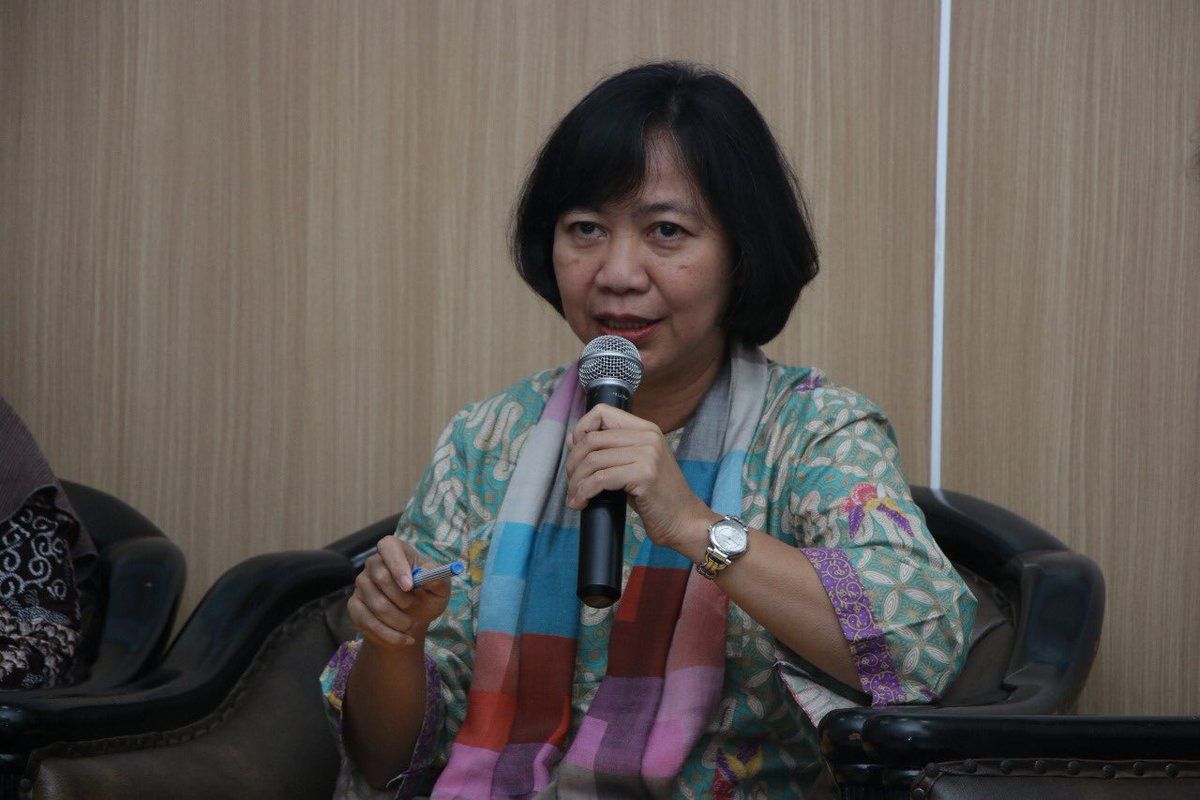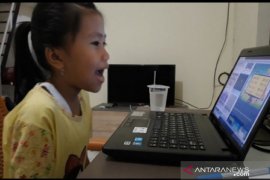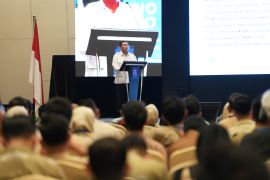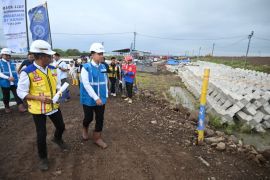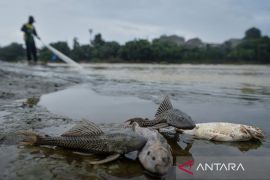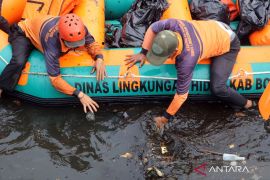Through a press statement here on Tuesday, the Ministry's Children's Rights Protection Deputy Agustina Erni affirmed that the ministry welcomed the 100-percent capacity face-to-face learning policy.
However, health protocols should still be ensured in addition to the second dose of COVID-19 vaccination coverage that had reached at least 80 percent for education workers and 50 percent for the elderly in cities or districts.
According to Erni, two main aspects had been taken into account to hold face-to-face learning.
The first area of concern is the health and safety principle in implementing the policy and conducting learning activities, while the second focus was children's development and rights during the pandemic.
Regional governments, with the authority to hold face-to-face learning, should also take into account the five SIAP (readiness), she emphasized.
Related news: Vaccine certificates of Bogor's teachers to be collected: official
This comprises observing the number of COVID-19 cases that continue to decline, children's readiness in implementing health protocols, and readiness of families in supporting and preparing their children for face-to-face learning.
In addition, the readiness of education officials in holding face-to-face learning as well as the readiness of education facilities and infrastructure are also crucial factors eliciting consideration.
Entering the new year, the government, through its Education, Culture, Research, and Technology Ministry, issued a 2022 face-to-face learning policy that aims to conduct offline schooling with 100-percent capacity.
This policy is based on the Four Ministers Joint Decree (SKB) on Learning Activities during the COVID-19 Pandemic Guide.
According to the decree, only regions with Level 1 or 2 Public Activity Restriction (PPKM) can conduct 100-percent face-to-face learning.
Related news: South Jakarta asks reopened schools to intensify health protocol
Translator: Anita Permata D, Fadhli Ruhman
Editor: Rahmad Nasution
Copyright © ANTARA 2022
